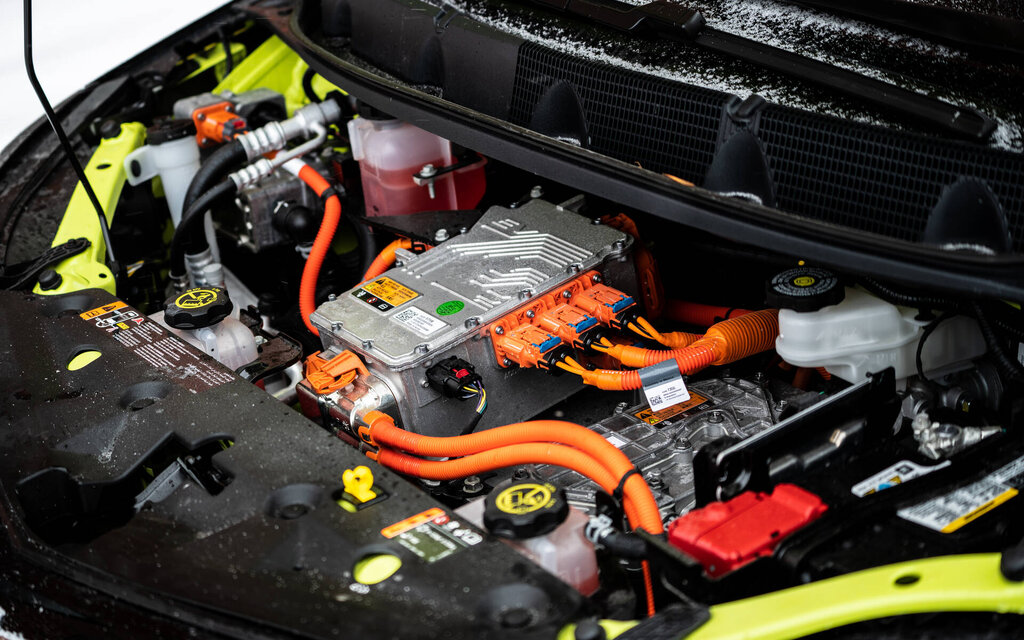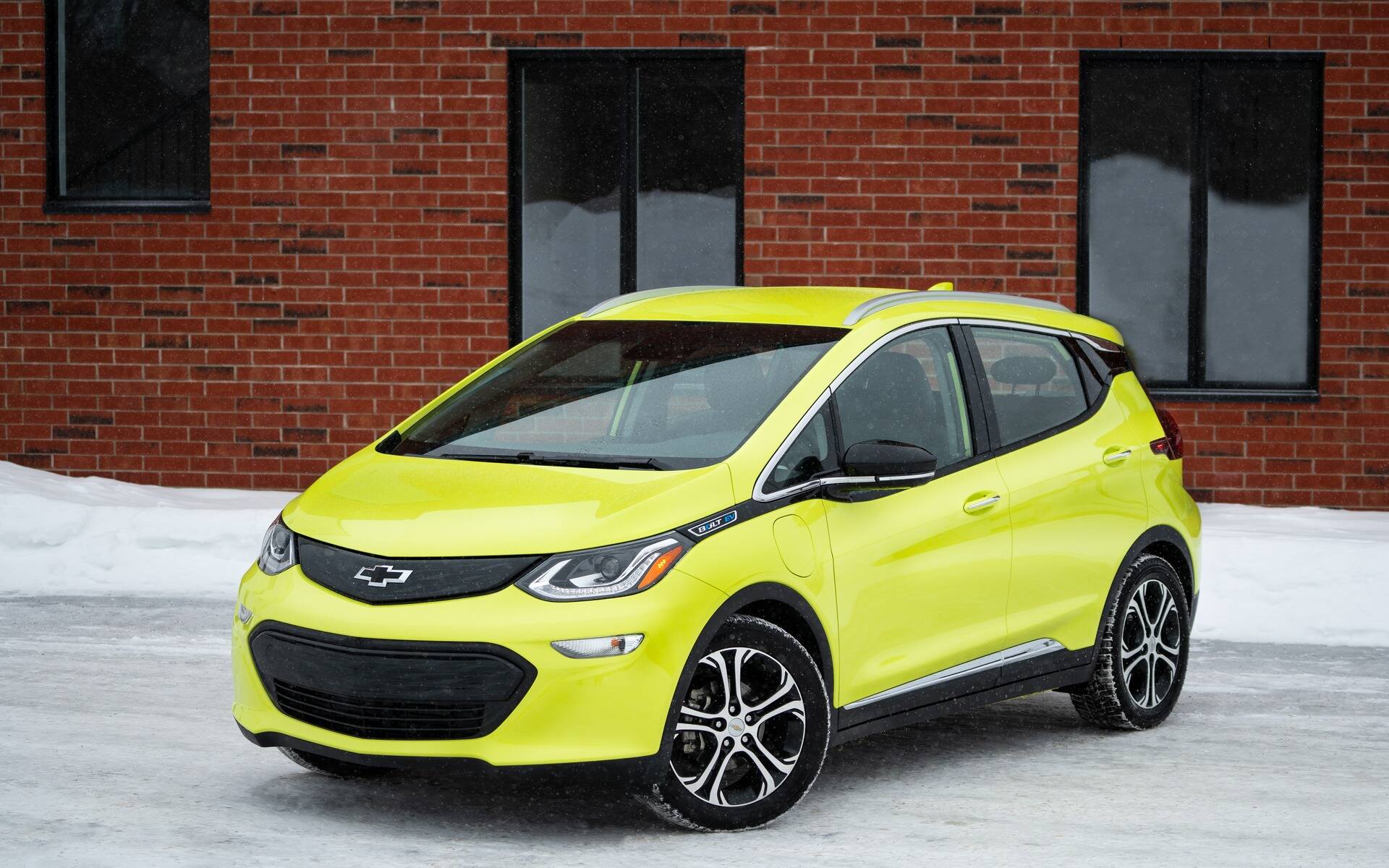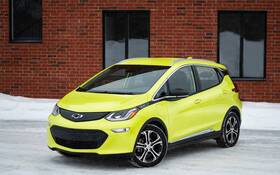Thousands of Chevrolet Bolt EVs Recalled Due to Fire Risk
In mid-October, we reported about several electric and plug-in hybrid vehicles being investigated because the high-voltage battery can overheat and lead to a fire. One of them was the Chevrolet Bolt EV.
Now, we’ve learned that General Motors has no choice but to recall thousands of them.
- Also: Several EV Models Now Under Investigation for Fire Risks
- Also: 2020 Chevrolet Bolt EV: Once Again the Range Champ
First, here’s a quick refresher. In the U.S., the National Highway Traffic Safety Administration (NHTSA) opened an investigation because three separate units of the Bolt EV sustained fire damage.
At least one of them was plugged into a 240V power source before catching fire. Another reportedly left the house with a fully charged battery and drove for about 20 kilometres, after which the owner turned it off and a fire broke out 20 minutes later. No one was injured.

A bit more than 50,000 units covering the 2017-2019 model years will be recalled in the U.S. Canada is in the same situation. On this side of the border, the recall affects 7,983 cars to be exact. Owners will receive a notice by mail in the next few weeks.
GM says the high-voltage battery can overheat when it is charged to over 90 percent of its capacity. Heat or smoke could damage or even melt the battery and nearby parts.

The temporary fix is to reprogram the hybrid propulsion control module 2 (HPCM2) to limit the battery charge to 90 percent. The automaker is still searching for a permanent solution.
Until this update is completed, it is recommended that you enable "Hilltop Reserve" (for 2017-2018 models) or "Target Charge Level" (for 2019 models) using the Bolt EV’s infotainment system. If you are not able to make these changes, GM advises to park the car outdoors and away from other vehicles or buildings until the software update is installed.
Note that 2020 Chevrolet Bolt EV models are not affected since they use a different battery design.












